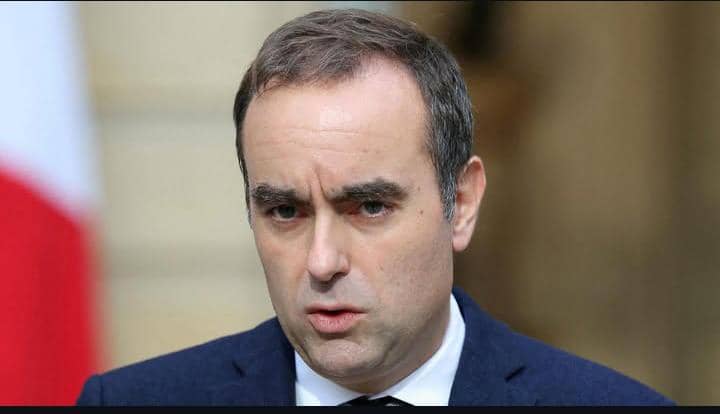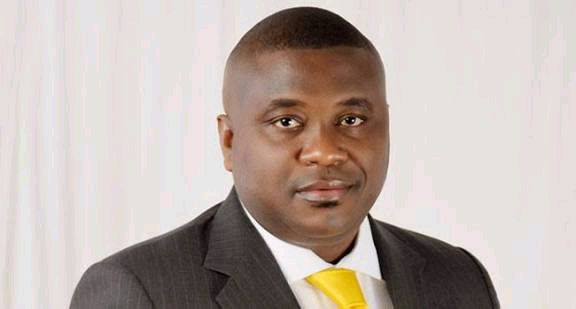French Prime Minister Sébastien Lecornu Resigns After Less Than a Month in Office

France’s political landscape was thrown into fresh turmoil on Monday as Prime Minister Sébastien Lecornu resigned less than a month after assuming office, deepening the crisis within President Emmanuel Macron’s government.
Lecornu, 39, submitted his resignation just hours after unveiling his new cabinet a team largely composed of holdovers from his predecessor’s administration.
His sudden departure makes his tenure one of the shortest in modern French history, lasting only 27 days.
In a brief statement, Lecornu said he could no longer “carry out [his] function under conditions that ensure the country’s stability,” citing persistent partisan divisions and resistance from both opposition parties and members of Macron’s centrist alliance.
President Macron accepted the resignation immediately, leaving France without a functioning government as the country struggles to pass key budget and reform measures.
Lecornu’s exit highlights the deep fractures that have gripped French politics since the 2024 snap legislative elections, which produced a hung parliament and forced Macron’s camp to govern without a clear majority.
The prime minister’s short-lived administration followed the fall of François Bayrou’s government in September, which lost a confidence vote over unpopular austerity proposals.
Lecornu, a close Macron ally and former defense minister, was seen as a steady hand meant to restore order.
However, his cabinet announcement on Sunday drew immediate backlash for its lack of new faces and for reappointing ministers tied to controversial fiscal policies.
Political analysts say Lecornu’s inability to unite a fractured parliament and internal divisions within Macron’s Renaissance party ultimately doomed his government before it began.
Opposition leaders from across the spectrum swiftly reacted to Lecornu’s resignation, calling for new parliamentary elections to break the impasse.
Jean-Luc Mélenchon of the far-left France Unbowed movement said Macron had “lost control of the institutions,” while Marine Le Pen of the far-right National Rally described the resignation as “proof of a collapsing regime.”
“This is no longer a government crisis it’s a crisis of legitimacy,” Le Pen said in a statement.
The news rattled financial markets on Monday, with the CAC 40 index falling nearly 2 percent and bond yields rising amid fears of prolonged instability.
Economists warned that the political paralysis could delay France’s 2026 budget approval and strain investor confidence.
Across Europe, the development has sparked concern over France’s role in EU decision-making and its commitments to defense and climate policies. European leaders privately expressed worry that Macron’s weakened position could hinder coordination on key continental issues.
President Macron now faces mounting pressure to either appoint a new prime minister capable of forming a coalition or dissolve the National Assembly and call new elections a move that carries significant political risks.
Analysts say Macron’s options are narrowing. “Every reshuffle has been a temporary patch on a deep structural crisis,” said political scientist Claire Demay of Sciences Po. “Lecornu’s resignation shows that the system is close to gridlock.”
As the Élysée scrambles to find a successor, France remains in a caretaker phase, its ministers unable to enact new policies.
For now, Sébastien Lecornu’s abrupt exit after less than a month in power stands as the latest chapter in France’s escalating struggle to maintain political stability amid a fragmented parliament and waning public trust.









